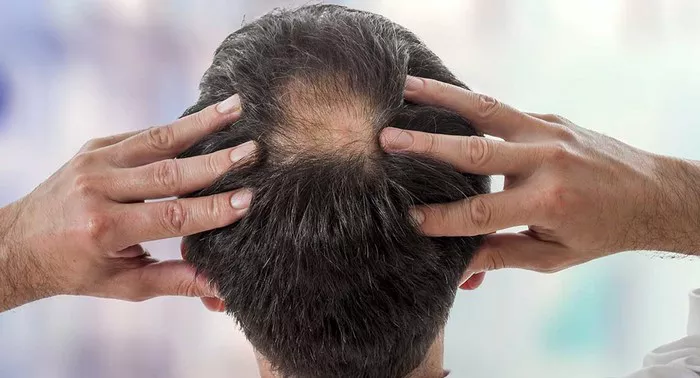Are you among the countless individuals who have noticed a distressing increase in hair loss since starting birth control? Don’t worry; you’re not alone. Hair loss is a common concern for many women on birth control, and it can be an unsettling experience. In this comprehensive guide, we will delve into the reasons behind this issue and provide you with a set of effective strategies and tips to combat hair loss while continuing your birth control regimen.
What is Birth Control?
Birth control, also known as contraception, encompasses a variety of methods and medications designed to prevent pregnancy. These methods work by interfering with the natural reproductive processes in the body. Common forms of birth control include oral contraceptives (birth control pills), intrauterine devices (IUDs), condoms, hormonal patches, injections, and implants. Some methods, like birth control pills, contain hormones that regulate the menstrual cycle and prevent ovulation. Others, such as barrier methods like condoms, physically block sperm from fertilizing an egg. Birth control empowers individuals and couples to plan when or if they want to have children, providing greater control over their reproductive choices and family planning.
Understanding Hair Loss from Birth Control
Hair loss from birth control can be attributed to hormonal fluctuations and a condition called telogen effluvium. Birth control methods like oral contraceptives can disrupt the balance between estrogen and androgens in the body, leading to hair thinning. Telogen effluvium occurs when hair follicles enter the resting phase prematurely, causing increased hair shedding. This condition can be triggered by birth control as well. Understanding these underlying factors is crucial for addressing the issue effectively. Consulting with a healthcare provider and adopting strategies like nutritional support, gentle hair care practices, and stress reduction can help mitigate hair loss while using birth control methods.
Effective Strategies to Prevent Hair Loss from Birth Control
Now that we have a better grasp of why birth control can cause hair loss, let’s explore practical strategies to combat this issue.
1. Consult with a Healthcare Provider:
If you’re experiencing hair loss due to birth control, the first step is to consult your healthcare provider. They can help identify the specific birth control method or formulation that might be contributing to your hair loss and recommend alternative options.
2. Nutrition and Supplements:
Maintain a well-balanced diet rich in essential nutrients like iron, biotin, and vitamins A and D. These nutrients are crucial for hair health and can help minimize hair loss. Consider consulting a nutritionist for personalized dietary recommendations.
Supplements such as biotin and folic acid have shown promise in promoting hair growth. Discuss the use of supplements with your healthcare provider to ensure they are safe and suitable for you.
3. Hair Care Practices:
Adopt gentle hair care practices to minimize damage and hair loss. Avoid tight hairstyles, excessive heat styling, and harsh chemicals that can weaken your hair follicles.
Use a mild, sulfate-free shampoo and conditioner specifically formulated for hair loss or thinning hair. These products can help strengthen your hair and create a healthier environment for growth.
4. Lifestyle Changes:
Reducing stress is essential, as it can exacerbate hair loss. Practice stress-reduction techniques such as yoga, meditation, or deep breathing exercises to manage your stress levels effectively.
Ensure you’re getting enough sleep, as inadequate sleep can contribute to hair problems. Aim for 7-8 hours of quality sleep each night.
5. Topical Treatments:
Over-the-counter topical treatments containing minoxidil can be effective in promoting hair regrowth. Discuss the use of such products with your healthcare provider to determine if they are suitable for you.
Monitoring and Patience:
Keep in mind that it may take several months to see noticeable improvements in hair loss. Monitor your progress, and be patient with the process. In some cases, hair loss may resolve on its own once your body adjusts to the birth control method.
See Also: How to Moisturize Black Hair: Basic Tips for Moisturizing Hair
Conclusion
Experiencing hair loss while on birth control can be distressing, but it’s important to remember that there are effective strategies and tips to address this issue. By consulting with a healthcare provider, optimizing your nutrition, practicing gentle hair care, making lifestyle adjustments, and considering topical treatments, you can take proactive steps to combat hair loss and maintain healthy, beautiful hair while continuing your birth control regimen. Remember, patience is key, and with the right approach, you can regain your confidence and hair vitality.


